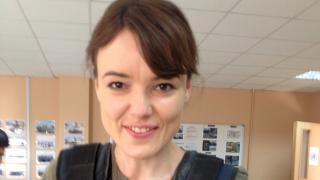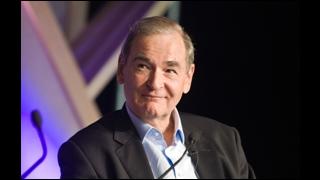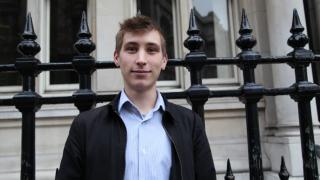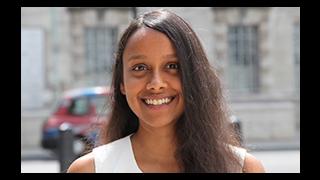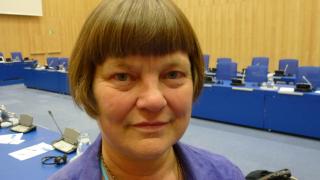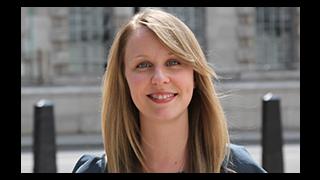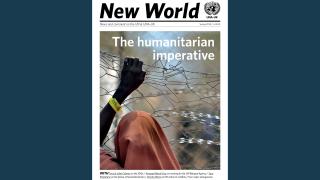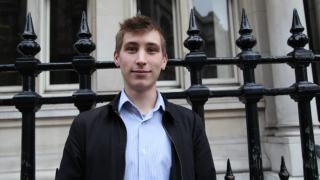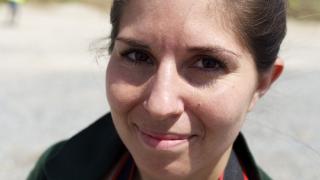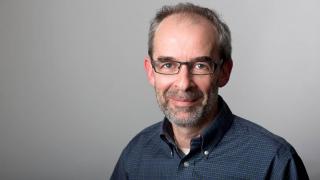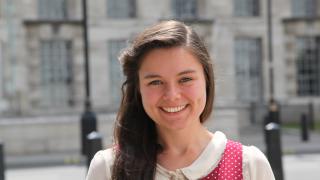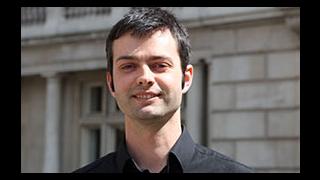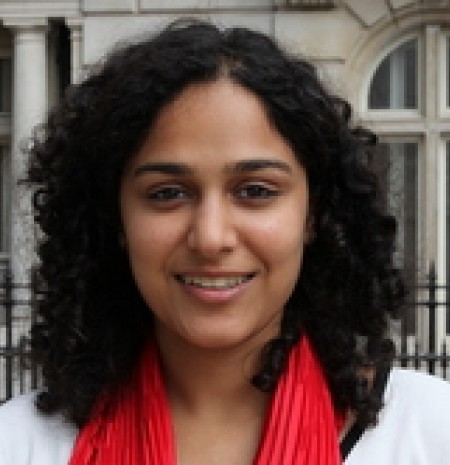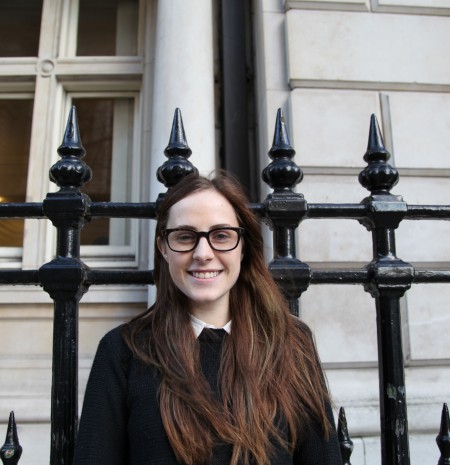Last autumn, we were fortunate to be able to attend sessions of the Open Working Group (OWG) on Sustainable Development Goals (SDGs) at the UN headquarters.
Formed following the Rio+20 conference, the OWG is tasked with proposing a set of SDGs, to be combined with poverty reduction goals when the current Millennium Development Goals (MDGs) expire in 2015.
The headline themes for the meetings covered economic growth, infrastructure development, industrialisation and energy. However, the discussions themselves were more broad-ranging, looking at the wider challenges the goals must address.
Jeffrey Sachs, as part of the Sustainable Development Solutions Network (SDSN), of which we are also members, gave the keynote speech during which he put forward 10 “priority challenges” suggested as a basis for the SDGs:
- End extreme poverty including hunger
- Achieve development within planetary boundaries
- Ensure effective learning for all children and youth for life and livelihood
- Achieve gender equality, social inclusion, and human rights for all
- Achieve health and well-being at all ages
- Improve agriculture systems and raise rural prosperity
- Empower inclusive, productive, and resilient cities
- Curb human-induced climate change and ensure sustainable energy
- Secure ecosystem services and biodiversity, ensure good management of water and other natural resources
- Transform governance and technologies for sustainable development
The OWG leaders stated that the new SDGs should be sharp and clear, encompass economic, social and environmental dimensions and provide a compelling argument for member state commitment. They should be universal in nature, applying to developed countries as much as to developing ones. And all of the goals should be underpinned by good governance – tackling corruption, tax avoidance and so on.
Convergence to a common goal could be measured. For example, currently, each person in the US produces an average of 17 tonnes of CO2 whilst the global average is around 5 tonnes per person, but even the latter would need to be reduced to 2 tonnes if we are to curb the effects of climate change. As the Hungarian Ambassador, serving as co-chair of the OWG, stated, climate change is a game changer which needs to be factored into all SDGs, with economic growth decoupled from fossil fuels and planetary boundaries clearly identified and respected.
Another key point to emerge from the discussions was the inclusion of language on human rights, which has the potential to be a transformative shift in its own right. Civil society is eager to ensure that this is a much stronger feature in the SDGs than it was in the MDGs.
Similarly, another perceived weakness of the MDGs was the lack of accurate and available data. Governments need to be held accountable for providing access to relevant, transparent information.
The SDGs are also an important focus for other UN bodies. While in New York we attended meetings of UN Women and the Experts Workshop on Sustainable Cities and Human Settlements. Here attendees debated the best way to get their respective priorities onto the SDG agenda, and the value of advocating standalone goals. What was certainly clear is that there is a lot of good groundwork going on across the UN, and that momentum for the SDGs can surely only grow from here.
Tony and Juliet Colman have both recently received their PhDs from the University of East Anglia – Tony’s on water reforms in Botswana and Juliet’s on social and cultural aspects of consumption in Botswana. Both are continuing to utilise their expertise in working with the SDSN and UNA-UK
A local woman hoes a field near Timbuktu, Mali. Farmers’ cooperatives benefit from a UN-funded irrigation system for the area. © UN Photo/Marco Dormino

